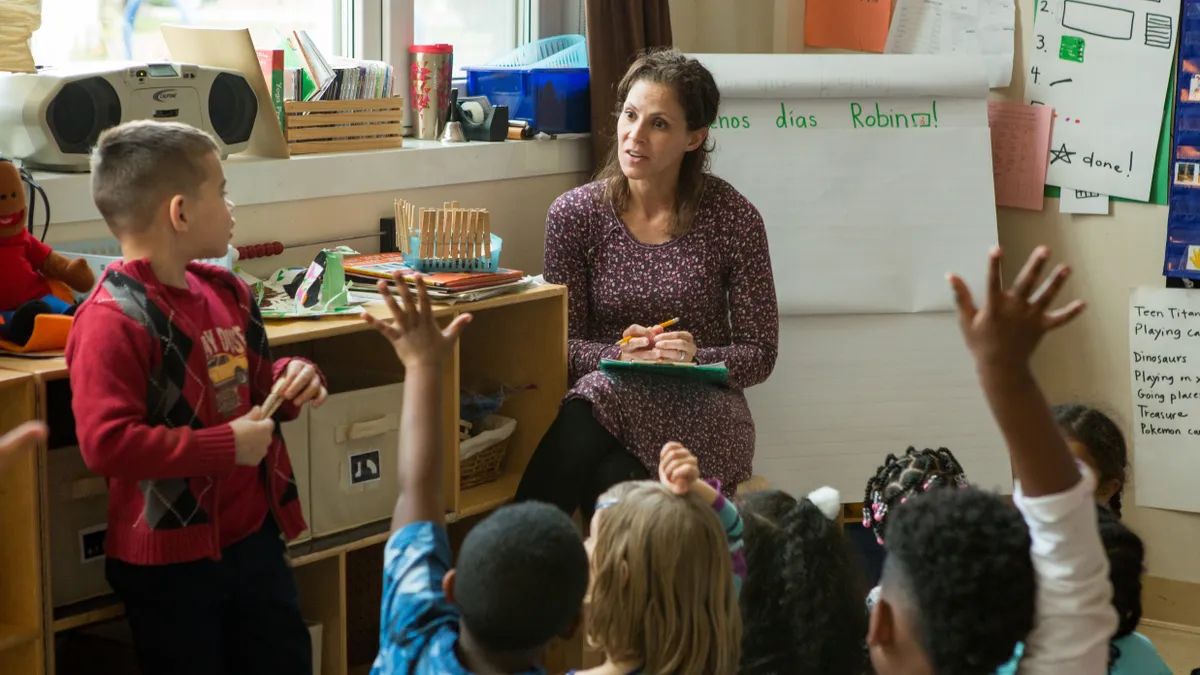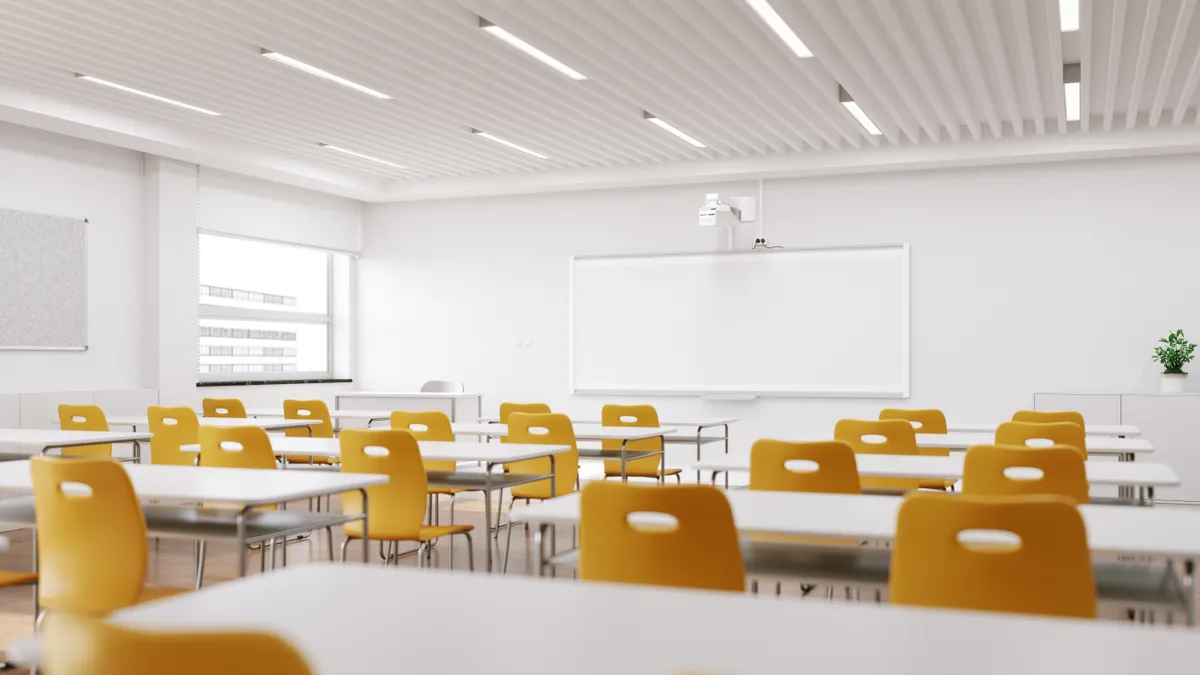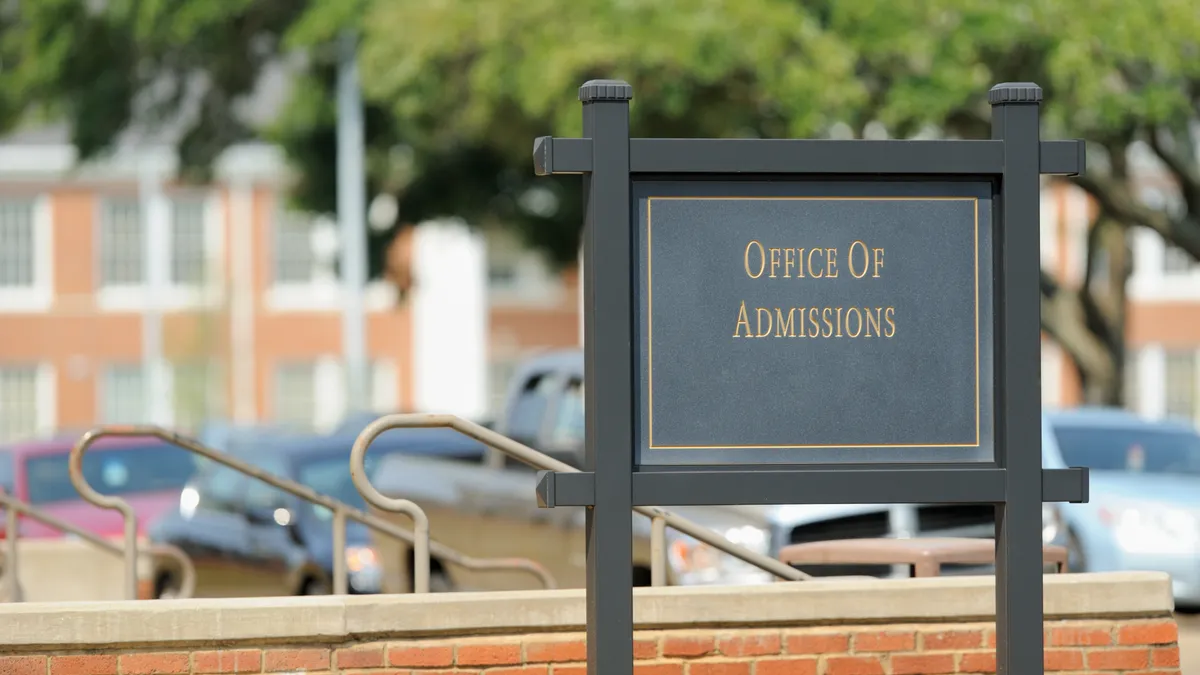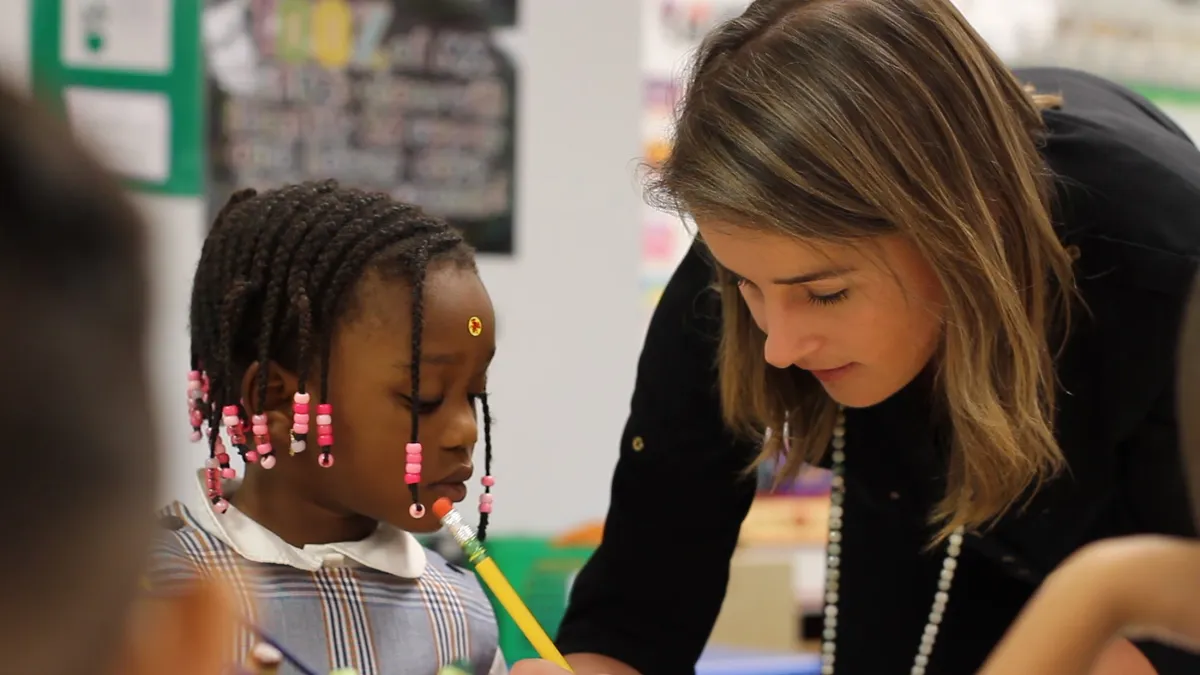Deans for Impact, a coalition of college deans and leaders from traditional and alternative teacher preparation programs across the country, will choose five to seven of those programs for a new initiative focused on better preparing future teachers to incorporate cognitive science into their practice.
Last week, the Chan Zuckerberg Initiative (CZI) announced a $1.5 million grant to the organization to support the development of a Learning by Scientific Design Network. Over the next few weeks, Deans for Impact will review applications and choose a cohort of programs. Design work will begin in the summer and the teams of faculty members will start this fall.
It’s unclear how many future teachers the new initiative will reach, but Benjamin Riley, executive director of Deans for Impact, said the size of the programs will be a factor in determining which ones are selected. “We do want to do this at scale,” he said in an interview.
Over the next couple of years, leaders will aim to measure the extent to which beginning teachers are incorporating the science of learning into their practices, as well as how teacher preparation programs themselves are changing to provide candidates with experiences focused on the principles of how students learn.
One example, Riley noted, is understanding how background knowledge impacts a student’s achievement — in reading for example. “You start to understand that students you might write off as being slow actually just have less background knowledge in a particular area,” he said.
Another important area for teachers to understand is that students will remember the content that they think about the most — the reason why they recall some facts and forget others, said Daniel Willingham, a psychology professor at the University of Virginia. When planning lessons, this principle can help teachers consider what material students are more likely to remember when they need to, he said in an interview.
Such knowledge isn’t necessarily new, Riley said. “Part of the challenge, as we see it, is that teacher candidates may not be exposed to these ideas in any deep way, or they don’t see them applied and modeled by their teacher educators,” he said.
Willingham, who became interested in teacher education about 15 years ago, said most prospective educators take a course in developmental or cognitive psychology, but that it’s not revisited throughout their preparation or connected to the content area they plan to teach. Another gap, he said, is that teacher educators might be teaching these principles as if their students “are future researchers rather than future practitioners.”
‘Braiding’ theory and practice
The CZI grant is part of the foundation’s continuing emphasis on making science about how students learn more accessible to educators. In November, the foundation announced a $1 million, two-year effort to bring Neuroteach Global, a professional development app, to 1,500 teachers in Colorado, Iowa and Maryland.
A project of the Center for Transformative Teaching and Learning at St. Andrews Episcopal School in Potomac, Maryland, the app is based on the center’s five-day summer academy focusing on what researchers are learning about the mind, brain and education.
Examples of what some institutions are doing in this area include the University of Nevada, Reno’s approach to how teachers learn to teach reading. The university’s introductory and more advanced literacy courses incorporate what is known as “interleaving” — increasing the complexity of practice as the coursework and tasks also grow more challenging.
“We’re braiding this theory and practice, and then next semester we braid that on a higher level, and so on,” Ken Coll, dean of the College of Education, said in Deans for Impact’s Building Blocks publication.
Trying to ‘shift that narrative’
Teacher preparation programs are frequently blamed for stagnant student performance and urged to change or add more components to their courses to increase teacher effectiveness. These attacks, Riley said, have often left institutions in a “defensive posture.”
Deans for Impact, now in its fifth year, he said, was formed in an effort “to shift that narrative by demonstrating that there are leaders that do want to do more and want to do better.”
In addition to member deans and leaders of programs such as the Boston Teacher Residency, an AmeriCorps program, the organization also has fellows participating in regional networks, such as one in Illinois focusing on preparing teachers to work in diverse classrooms and another in North Carolina focusing on early educators. The Learning by Scientific Design Network initiative will be the first time programs are chosen for a network through a competitive process.
When Deans for Impact began, Riley said, there were some who didn’t understand why alternative preparation and certification programs, such as Relay Graduate School of Education, were asked to be involved. Over time, however, leaders of both programs have benefited from the dialogue. Alternative preparation programs, he said, have a strong emphasis on practice, but sometimes lack “a mental model of what … is happening with learners.” And traditional programs, he said, benefit from better understanding the challenges of creating a strong residency model.
Now, Riley said, they participate as “true equals.”






















